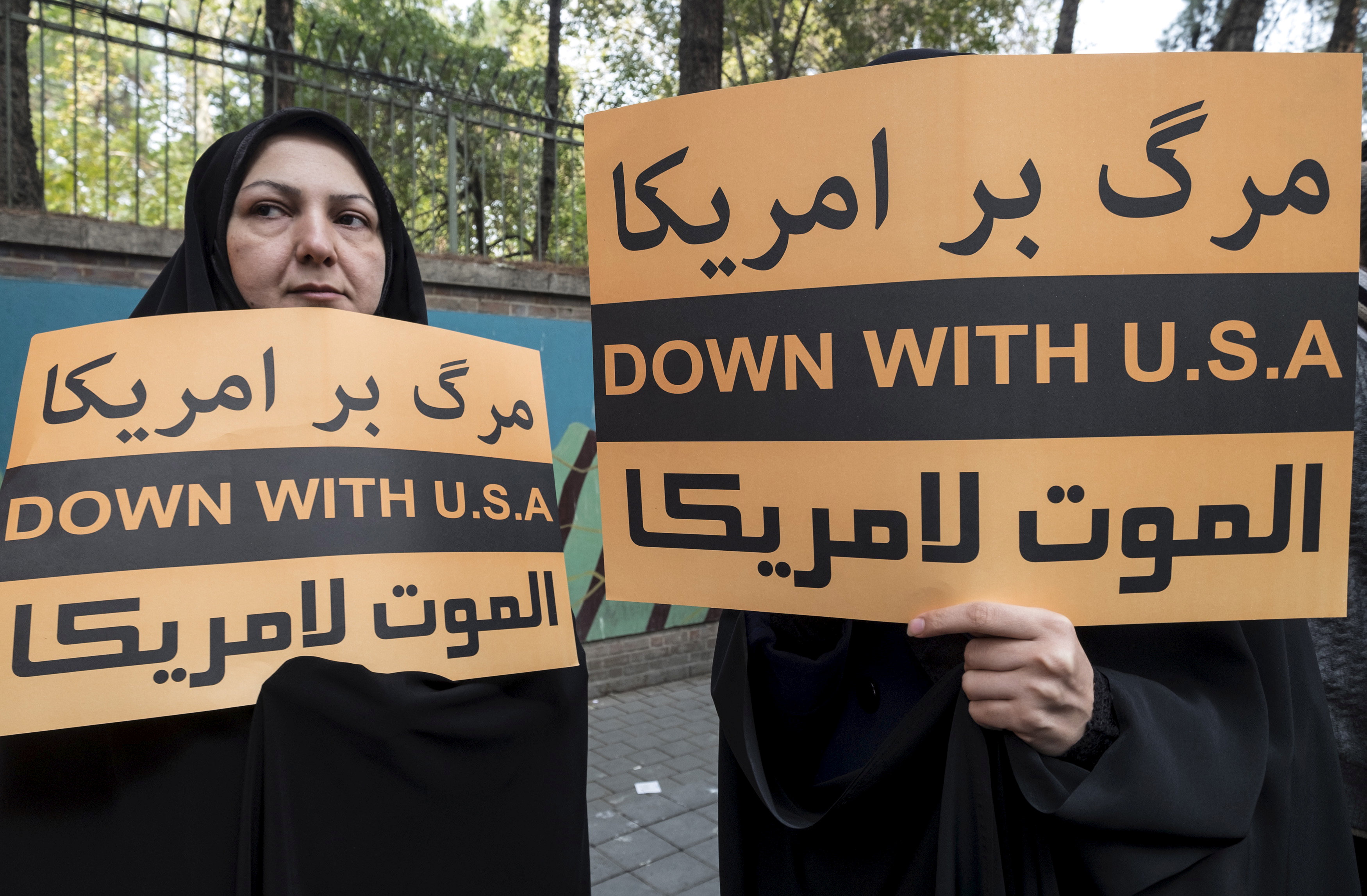
By Gabriela Baczynska
BRUSSELS (Reuters) – European Union leaders on Thursday reaffirmed their full commitment to the 2015 nuclear deal between Iran and world powers, hoping that the U.S. Congress would not let it collapse despite relentless criticism by President Donald Trump.
But the bloc, reluctant to isolate itself completely from Washington, is also stepping up criticism of Iran’s ballistic missile program and its role in what the West sees as fomenting instability in the Middle East.
Trump last week adopted a harsh new approach to Iran by refusing to certify its compliance with the nuclear deal, struck with the United States and five other powers including Britain, France and Germany after more than a decade of diplomacy.
“We fully stay committed to the complete implementation by all sides of the Iranian nuclear deal. We see this as a key security interest for the European Union and the region,” said the bloc’s top diplomat, Federica Mogherini.
The EU leaders’ joint statement, agreed after talks in Brussels on Thursday, “reaffirms full commitment to the Iran nuclear deal”.
The bloc has been stepping up efforts to save the deal, saying it was crucial to regional and global security, and it has appealed to the U.S. Congress not to let it fall.
Trump has given Congress 60 days to decide whether to reimpose economic sanctions on Iran, lifted under the pact in exchange for the scaling down of a program the West fears was aimed at building a nuclear bomb, something Tehran denies.
The EU leaders also highlighted the need to protect their companies and investors dealing with Iran from any adverse effects should Washington reinstate the sanctions, officials said.
Should Trump walk away from the deal, Supreme Leader Ayatollah Ali Khamenei said on Wednesday that Iran would “shred” it.
The bloc sees the agreement as a chief international success of recent years, and fears tearing it apart would hurt its credibility as well as harming diplomatic efforts to defuse tensions around a nuclear stand-off with North Korea.
In outlining his tougher stance, Trump said Tehran must also be held accountable for advancing its ballistic missile program and its regional political role.
“We will defend the nuclear deal and stand by the nuclear deal and implement the nuclear deal. But we also don’t want to be standing on a completely opposing side to the U.S.,” an EU official said.
“If they withdraw, we would be left in a rather interesting company with China and Russia. So there may be an issue of separating the nuclear deal from the ballistic program and Iran’s regional role, sending signals on the latter two.”
Iran’s elite Islamic Revolutionary Guards (IRGC) said on Thursday the ballistic missile program would accelerate despite U.S. and EU pressure to suspend it, the semi-official Tasnim news agency reported.
The EU, which has expressed “concerns related to ballistic missiles and increasing tensions” in the Middle East, has said these issues should be discussed without direct links to the nuclear deal.
“They were never very fond of the nuclear deal in the first place but now the situation has changed a lot. Both many Democrats as well as some Republicans feel like they need to play a more active role on foreign policy to restrain the president,” the official said.
(Reporting by Gabriela Baczynska; Editing by John Stonestreet, Toni Reinhold)








